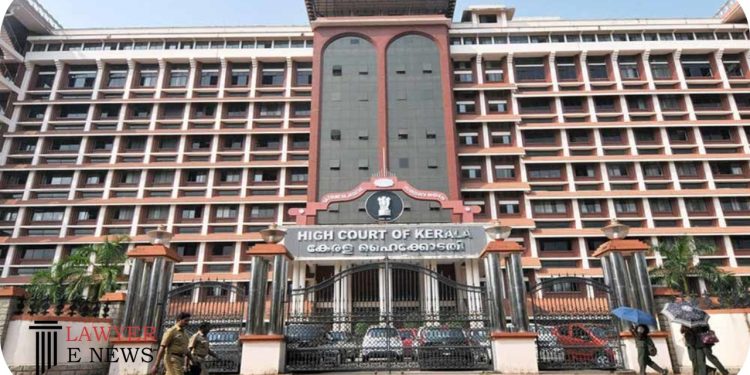Kerala High Court will transfer the judge responsible for the “provocative dress” order.

In the wake of the controversy surrounding the infamous “provocative dress” order he had rendered, the Additional District and Sessions Judge who filed the petition [S Krishnakumar v. State of Kerala] challenged his transfer to a Labour Court, and the Kerala High Court on Tuesday reserved its decision.
Justice Anu Sivaraman questioned the petitioner-judge on Tuesday during the hearing about whether there was any evidence to support the claim that the transfer was caused by the aforementioned decision.
What evidence do you have to support the claim that the transfer was made as a result of the contentious provocative clothing order? It’s a transfer simplicitor, she said.
She added that a judge for the Labour Court would fit right into the group of District Judges.
When he was appointed Presiding Officer of the Labour Court in the district of Kollam, S Krishnakumar, the petitioner, was working as an additional district and sessions judge in Kozhikode.
The Kerala High Court’s website last week had a notice to that effect.
Three additional judges have also been transferred, according to the notice, which states that the transfer was a regular transfer and posting of judicial employees.
It did so, however, at a time when the judge was being scrutinised for a ruling he made in a sexual harassment case while releasing activist Civic Chandran on bond.
He had said in the order that a sexual harassment claim would not be supported by the evidence if the victim was dressed in a “sexually suggestive attire.”
The complainant was photographed “exposing herself in provocative clothing,” contrary to the judge’s assertion that there must be unwanted sexual approaches in order for Section 354A of the Indian Penal Code to be violated.
“There must be physical contact and advances that involve unwanted and explicit sexual overtures in order to draw this Section. Sexual favours must be demanded or asked for. There must be remarks with a sexual orientation. The images submitted with the accused’s bail request show that the complainant, who is actually wearing the outfits, is exposed in some sexually provocative attire (sic). Therefore, Section 354A won’t be a strong argument against the accused, according to the order.
However, it mandated that Chandran not be detained until the conclusion of the hearing before the High Court, which recently delayed the bail ruling.
Krishnakumar argued that the transfer order was unlawful, arbitrary, and in violation of Article 14 of the Indian Constitution in his petition to the High Court.
Furthermore, it was stated that a judge’s error in enforcing a judgement cannot serve as justification for the judge’s transfer.The High Court recently stayed the bail order but ordered that Chandran not be arrested until completion of the hearing before it.
In his plea before the High Court, Krishnakumar contended that the transfer order was illegal, arbitrary and violative of Article 14 of the Constitution of India.
It was also argued that a wrong order passed by a judge while discharging his duty cannot be a ground to transfer the judge.
S. Krishnakumar
Vs
State of Kerala






